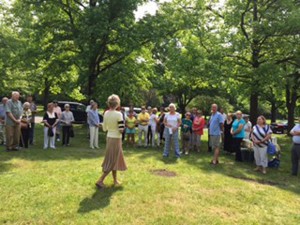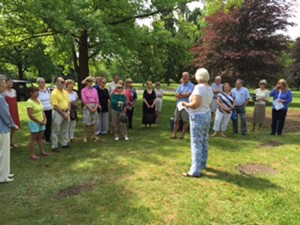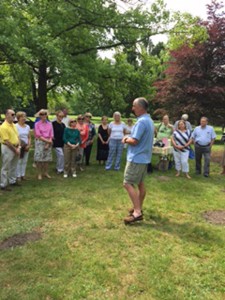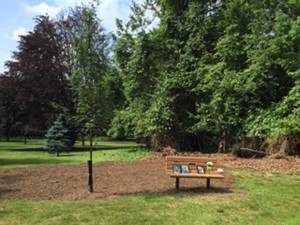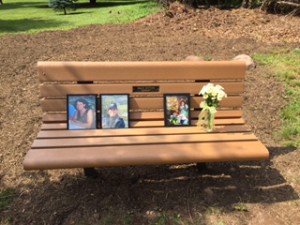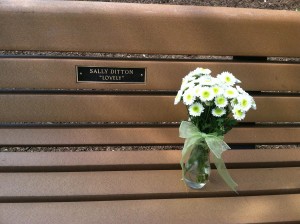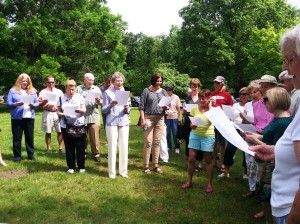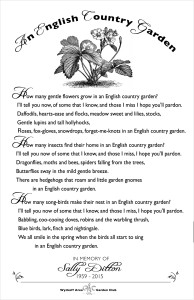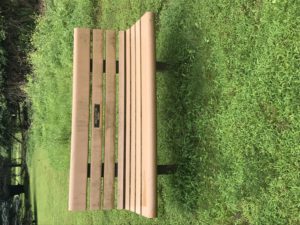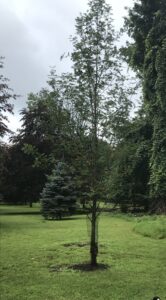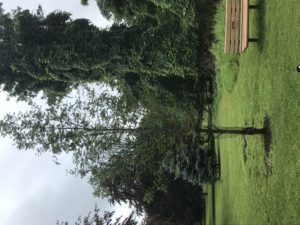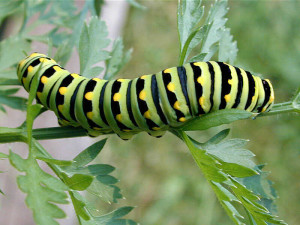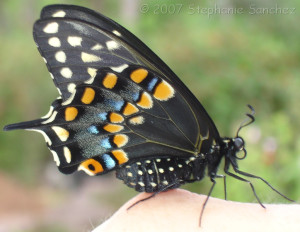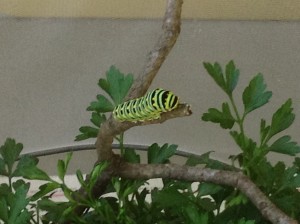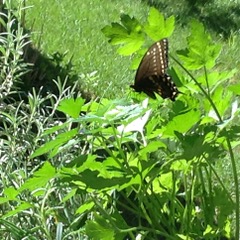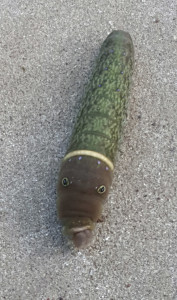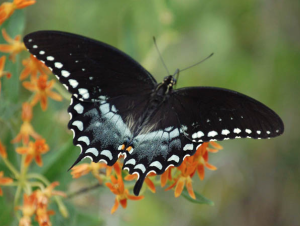From HGTV:
https://apple.news/A6pdyOPrjRE28O9cHfJTa7g
Click on the link above or read and print the list below.
Herbicide
One of the most common uses for household vinegar is as an all-natural weed killer. You have to be careful when spraying it around certain plants as it may be harmful to some, but when used on those pesky hard-to-kill weeds, they will disappear in two to three days’ time. Combine a gallon of white vinegar, one cup of salt, and a couple tablespoons of dish soap to get the job done.
Clean Clay Pots
Clay or terracotta pots are often the go-to planters for many gardeners due to their durability and ability to provide cool soil even in extreme heat. However, clay pots are notorious for absorbing salt, calcium or other minerals which may leave them covered in unappealing white stains. Clean up your pots by soaking them in one cup of white vinegar and four cups of water for half an hour to dissolve stubborn mineral build up.
Preserve Fresh Cut Flowers
Everyone loves to display fresh cut flowers from their garden, but the problem lies in the significant shortening of their life span after the stems are cut. Without having roots that can supply the nutrients that flowers need to survive, even the most well-kept flowers will wilt after just a couple of days. To prolong the life of your home-grown bouquets, fill the vase with one quart of water, two tablespoons of sugar and two tablespoons of white vinegar.
Ant Repellent
When it comes to ants, vinegar can be used to either kill them or just deter them. Fill a bottle with a half vinegar and half water solution and spray directly on the ants to kill them, or just spray around walkways, the walls of your flower beds and on anthills to keep them out of the garden. You can also use this technique indoors as well by spraying the solution around any door frames, window sills or any other places ants can enter your home.
Help Germinate Tough Seeds
Some seeds, like okra and nasturtiums, can often be difficult to germinate. To make the process a bit easier, soak stubborn seeds overnight in a bowl of water with a few drops of white vinegar, and plant them the next day as usual and see quicker results.
Keep Fruit Flies Away
Perhaps the most frustrating of garden pests, fruit flies can be an absolute nightmare for anyone trying to protect their precious fruit trees and plants. In order to keep fruit flies at bay, you have to trap them. Create the simplest fruit fly trap by filling a jar with apple cider vinegar and some dish soap. The vinegar’s scent will lure them in and then the dish soap will cause them to sink and trap them in the jar.
Clean Rusty Garden Tools
For a quick and easy way to remove rust from any and all garden tools, soak them or spray them with undiluted white vinegar. Let them sit for a few minutes, and after wiping them down your tools will look good as new.
Keep Unwanted Animals Out
As cute and fluffy as they may be, rabbits, raccoons and household pets like cats and dogs can be a nightmare for any garden. To keep unwanted animals from destroying your plants, soak a few items in white vinegar and post them around the garden’s perimeter to keep them from coming near it.
Increase Soil Acidity
Though vinegar can be fatal to many common plants, others, like rhododendrons, hydrangeas and gardenias, thrive on acidity which makes a bit of vinegar the best pick-me-up. Combine one cup of plain white vinegar with a gallon of water and use the next time you water these plants to see some amazing results. You can also add some distilled vinegar to your soil to fight lime or hard water for other not-so-acid-loving plants.
Clean and Sanitize Outdoor Furniture
Everyone loves a bit of outdoor furniture or a few cute picnic tables or benches by the garden, but the downside is that it’s so hard to keep these pieces clean. For a quick and effective solution, wipe everything down with a cloth soaked in white vinegar which will leave your outdoor furniture sparkling and fit for any garden party.
Eliminate Snails and Slugs
To get rid of two of the most notorious garden pests, snails and slugs, just simply spray them with a water and distilled vinegar mixture.
Remove Unwanted Weeds from Driveways and Sidewalks
Sometimes that overgrown cobblestone look can give a place character, but when unwanted weeds start growing through unforeseen cracks in your pristine driveway or garden paths, it can be quite an unpleasant surprise. To get rid of the weeds, simply spray pure white vinegar on the affected areas.
Remove Water Lines from Old Vases
Unsightly water lines can put a damper on even the most spectacular of fresh-cut garden bouquets. To remove them, simply fill the vase with half water and half white vinegar mixture, or use a vinegar-soaked paper towel and wipe until clean.
Clean Birdbaths and Outdoor Fountains
When it comes to birdbaths and outdoor fountains, it’s important to keep the water clean so that birds don’t pick up any harmful bacteria from the dirty water and carry it elsewhere. To maintain a pristine birdbath, simply scrub it with white vinegar and water once each week or so. This will ensure that your water is always clean, and will eliminate any unwanted smells and cut down on algae growth.
Remove Stubborn Berry Stains from Hands
Anyone who’s harvested berries knows how difficult cleaning berry-stained hands can be. Instead of scrubbing your palms until they bleed, just wash up with a bit of distilled white vinegar to remove those stains quickly and efficiently.
Clean and Wash Fresh Vegetables
For a quick and easy vegetable wash, combine one tablespoon of distilled white vinegar with a quart of water. Though washing with water is the easiest and most tempting way to do it, adding the vinegar will ensure that any harmful bacteria is successfully removed.


